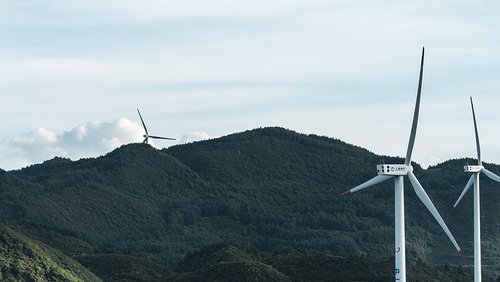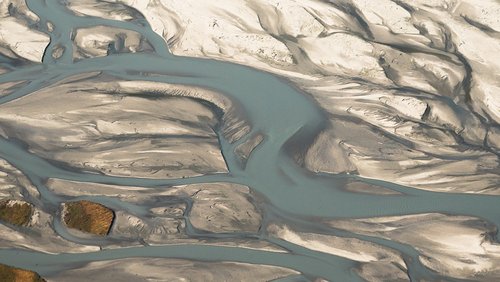17 Jan 2023
We’re now moving into our second year of Engineering Climate Action, our programme to support engineers to help society mitigate, transition and adapt to the impacts of climate change. Our goal this year is to begin delivering tools and resources to help you do this as you work with clients.
We're also looking to publish at least one position statement on engineering matters related to climate change, such as energy transition. Engineering is critical to a net zero carbon future, and to adaptation, and it's our goal to speak up on engineering matters related to climate action.
We had an excellent response to our call for participants on the Practice Note Working Group and Engineering Climate Action Steering Group – thanks to those who put up their hands.
The Steering Group guides the Engineering Climate Action programme, informing which resources and tools members are likely to need, or how else we might best enable members to incorporate climate action in their work. It'll also guide our advocacy efforts as they relate to climate change.
The Practice Note Working Group will consider which practice notes might be developed this year and look more specifically at the scope and detail of each.
We’ll be confirming appointments to these groups in the coming weeks.
From the start, engineering professionals have asked for client-facing resources, to help engage clients in thinking about their projects and climate change. Cost is often a key factor in procurement criteria and this may mean clients haven't considered carbon reduction in their designs and materials, don't know how to reduce carbon throughout their asset’s lifecycle, or overlook viable alternatives. These resources will help engineers to have those conversations with clients and discuss other solutions that may be available.
Last year, our free Climate Conversations webinar series proved popular. Here, engineers working in climate and resilience presented on various topics, followed by a question-and-answer session. So far, we’ve heard about how a Te Ao Māori lens can help when considering climate change; considering the environmental impact when restoring heritage buildings; moving towards net zero in the concrete sector; and the circular economy.
Jack Young also presented about reducing the energy footprint in hospitals. You can read about this in our first case study
This year we’ll continue our climate conversations, kicking off with Brad Crowley discussing green building certifications at 12.30pm Thursday 9 February – register now
Throughout this year the Learning Partnerships team will also be involved, looking for opportunities to develop supplementary training modules to contribute to your CPD.
We’ll also continue expanding our Climate Action Engineers Directory
The Directory allows us to see which members are keen to contribute where we need to develop resources and policy submissions – so let us know if you’re interested.
As you can see, there’s plenty of exciting work underway in Engineering Climate Action – and you can expect to hear more from us shortly. In the meantime, feel free to get in touch with us




